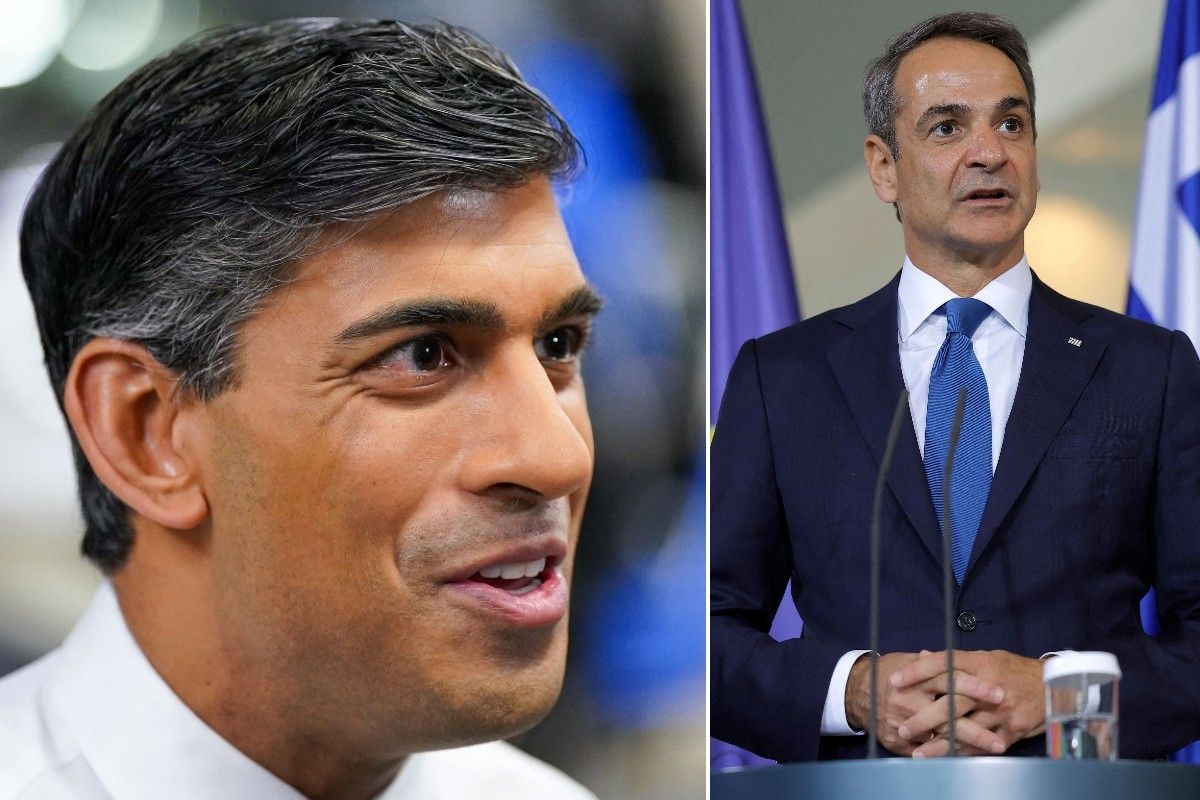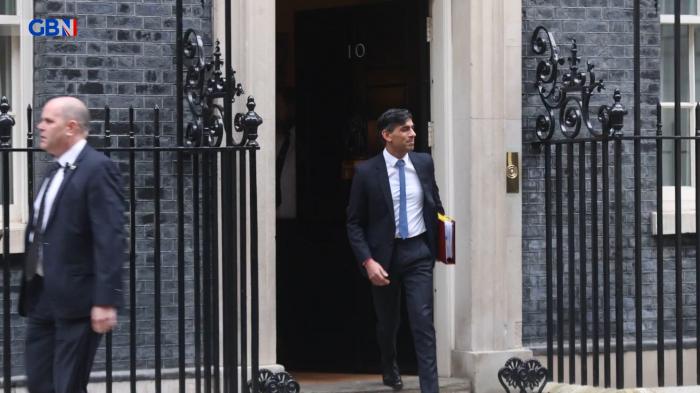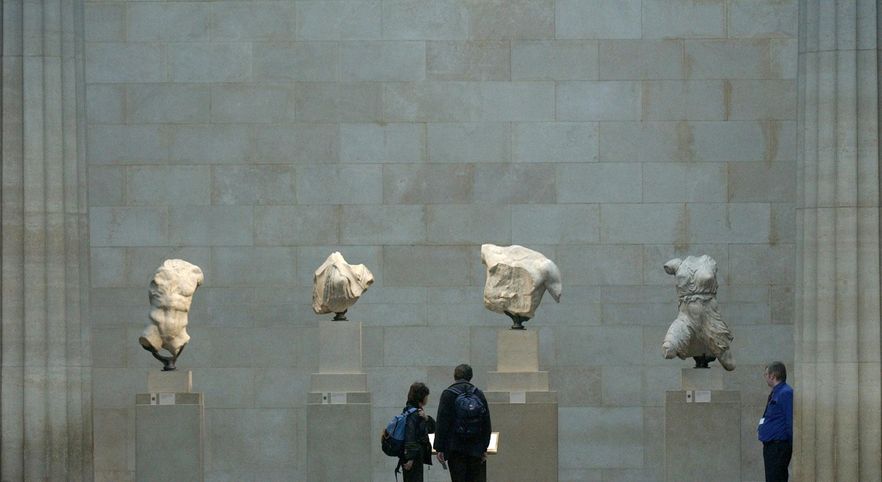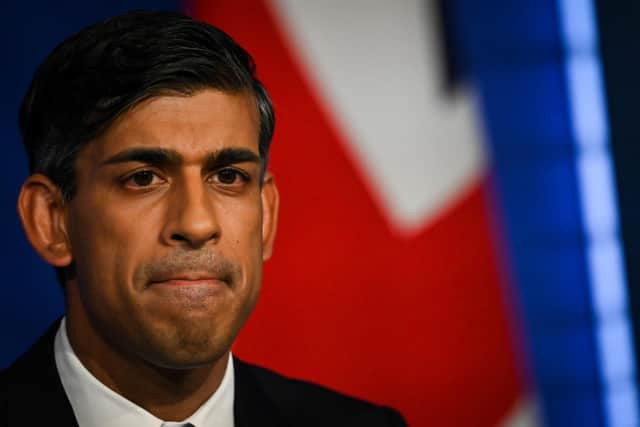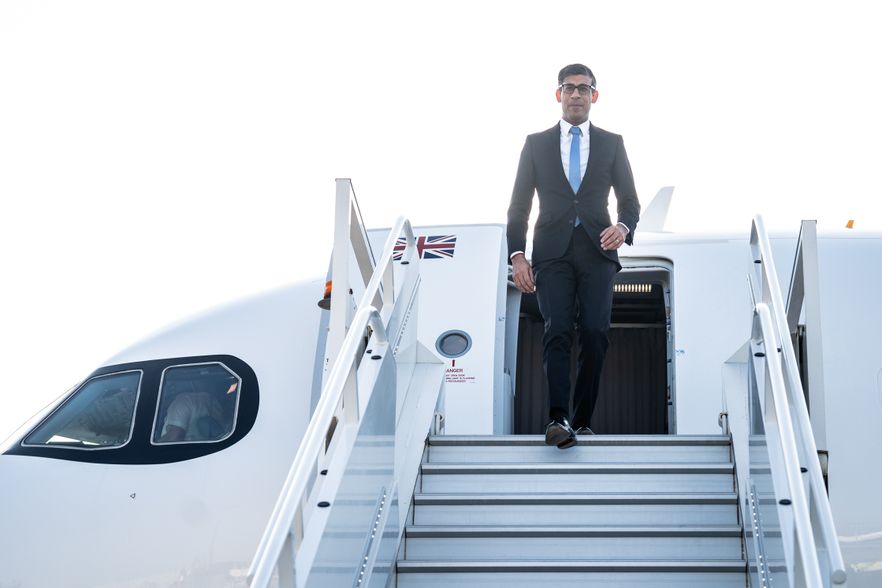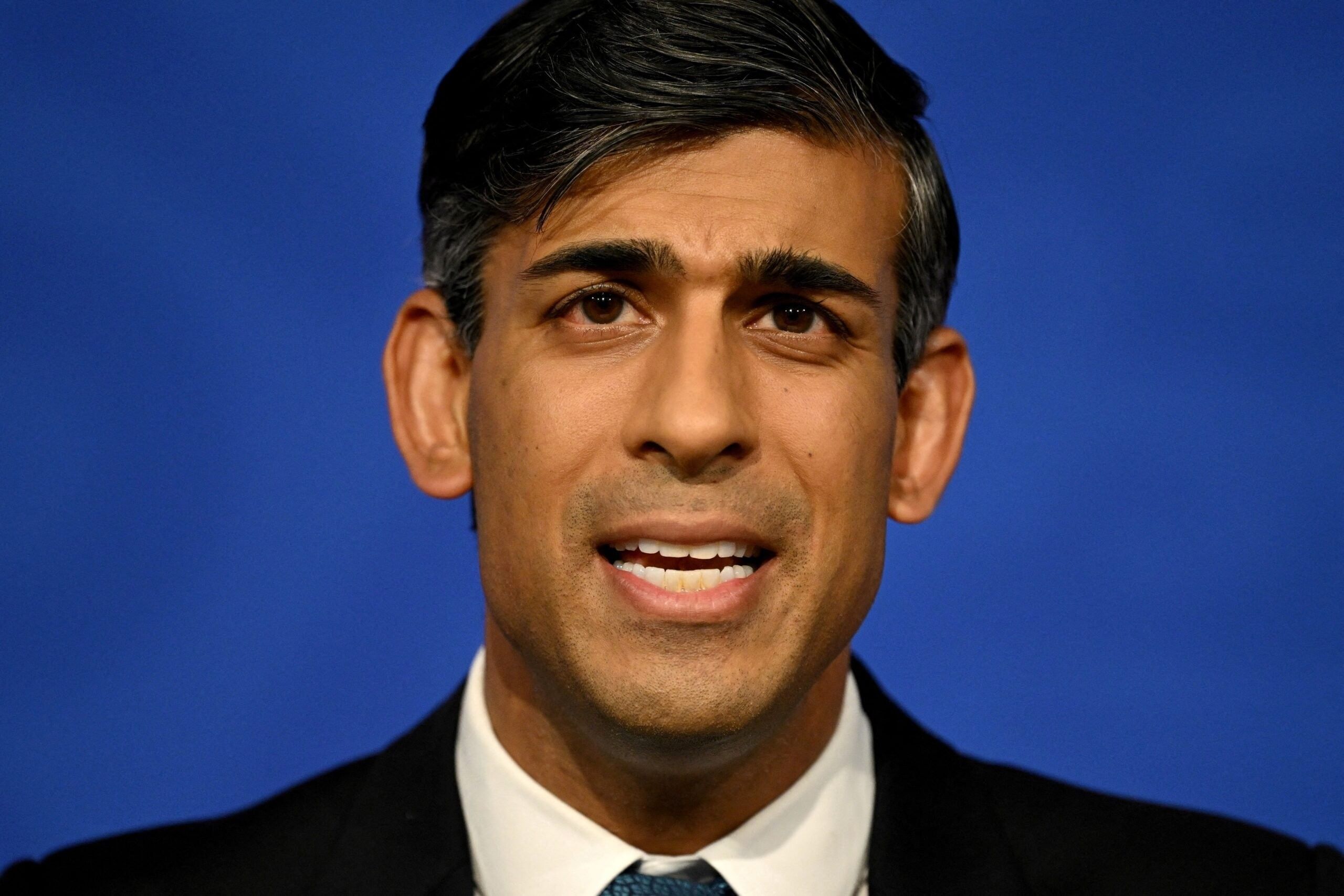Exclusive: Assets of thousands of people in north-west England used to upgrade king’s property empire via archaic custom‘

The king is profiting from the deaths of thousands of people in the north-west of England whose assets are secretly being used to upgrade a commercial property empire managed by his hereditary estate, the Guardian can reveal.
The Duchy of Lancaster, a controversial land and property estate that generates huge profits for King Charles III, has collected tens of millions of pounds in recent years under an antiquated system that dates back to feudal times.
Financial assets known as bona vacantia, owned by people who died without a will or known next of kin, are collected by the duchy. Over the last 10 years, it has collected more than £60m in the funds. It has long claimed that, after deducting costs, bona vacantia revenues are donated to charities.
However, only a small percentage of these revenues is being given to charity. Internal duchy documents seen by the Guardian reveal how funds are secretly being used to finance the renovation of properties that are owned by the king and rented out for profit.
The duchy essentially inherits bona vacantia funds from people whose last known address was in a territory that in the middle ages was known as Lancashire county palatine and ruled by a duke. Today, the area comprises Lancashire and parts of Merseyside, Greater Manchester, Cheshire and Cumbria.
A leaked internal duchy policy from 2020 gave officials at the king’s estate licence to use bona vacantia funds on a broad array of its profit-generating portfolio. Codenamed “SA9”, the policy acknowledges spending the money in this way could result in an “incidental” benefit to the privy purse, the king’s personal income.
Properties identified in other leaked documents as eligible for use of the funds include town houses, holiday lets, rural cottages, agricultural buildings, a former petrol station and barns, including one used to facilitate pheasant and partridge shoots in Yorkshire.
Upgrades include new roofs, double-glazing windows, boiler installations and replacements of doors and lintels. One document references the renovation of an old farmhouse in Yorkshire, helping transform it into a high-end residential let. Another upgrade is helping turn a farm building into commercial offices.
Three sources familiar with the duchy’s expenditure confirmed the estate was using revenues collected from dead citizens to refurbish its profitable property portfolio, making considerable savings for the estate. One said duchy insiders regarded the bona vacantia expenditure, which has until now not been publicly disclosed, as akin to “free money” and a “slush fund”.
The diversion of bona vacantia funds in this way has proven a financial boon to the king’s estate. The practice is helping make rental properties more profitable, which indirectly benefits the king, who receives tens of millions in duchy profits each year – income that Buckingham Palace says is “private”. Earlier this year, in his first annual payout since inheriting the estate from his mother, Charles received £26m from the Duchy of Lancaster.
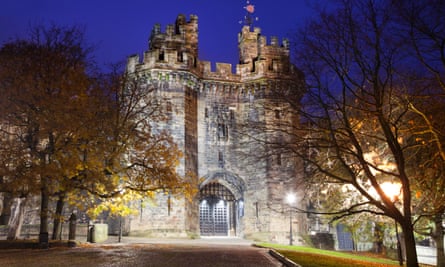
The Guardian identified dozens of people whose money has been transferred to the king’s hereditary estate after they died in the north-west in places such as Preston, Manchester, Burnley, Blackburn, Liverpool, Ulverston and Oldham. Several had been living in rundown properties or social housing that contrast with the high-end duchy properties being transformed with the money they left behind.
Some of their surviving friends were aghast to learn their assets were being used to renovate the king’s properties, calling the practice “disgusting”, “shocking” and “not ethical”.
Buckingham Palace declined to comment. A Duchy of Lancaster spokesperson indicated that, following his mother’s death, the king endorsed the continuation of a policy of using bona vacantia money on “the restoration and repair of qualifying buildings in order to protect and preserve them for future generations”.
He would turn in his grave’: the dead whose assets went to King Charles’s estate
Bona vacantia in practice
In most of England and Wales, the assets of people who die without making a will and have no identifiable relatives are transferred to the Treasury, which then spends them on public services. The system is known by the Latin name bona vacantia, meaning “vacant goods”, or assets that have no owner.
However, under a custom that has its roots in the medieval period, two hereditary estates, or duchies, belonging to the royal family can collect bona vacantia from people who die in two regions in England. They also collect leftover assets owned by companies at the point they are dissolved.
One is the Duchy of Cornwall, which generates profits for whoever is the heir to the throne. Charles used to closely manage the duchy, but last year it passed to his son, Prince William. It collects bona vacantia funds from deceased Cornish residents.
The other is the Duchy of Lancaster, inherited by Charles from his mother, Queen Elizabeth II, when she died last year. Both duchies are professionally run real estate empires that manage swaths of farmland, hotels, castles, offices, warehouses, shops and urban property, including some of London’s prime luxury real estate.
Neither duchy pays corporation tax or capital gains tax, giving them a significant commercial advantage. They have become huge cash cows for the royals, generating the equivalent of more than £1.2bn in profits over the last 60 years.
Both duchies have long claimed that once costs are deducted, the money is distributed to charities. The Duchy of Lancaster’s website states that “proceeds” of bona vacantia go to three registered charities after costs are deducted. However, its accounts suggest only 15% of the £61m it has collected in bona vacantia over the last decade has been donated to charities.

According to multiple sources familiar with duchy expenditures, a large and growing portion of bona vacantia funds have for several years been directed toward renovating properties that the duchy lets out on a commercial basis.
The practice accelerated from May 2020, the sources said, when policy SA9 was introduced to provide duchy staff with guidance on what bona vacantia could be spent on. The term bona vacantia was not used in the policy; instead, it contains a vague reference to “special costs”.
How royal estates use bona vacantia to collect money from dead people
The policy states that such funds can be used for the “public good” to repair, restore, preserve and protect the fabric of duchy properties when they are categorised as a “heritage asset”. However, the definition goes well beyond listed buildings that are on the National Heritage List for England.
Using a much broader definition, duchy-owned properties qualify for the funds if they fit within a further seven categories, including buildings located in a conservation area, a site of special scientific interest or area of outstanding natural beauty (AONB), which cover large swaths of rural England.
Duchy properties are also eligible for the funding if they are deemed by officials to be of “local historical importance”. A Guardian analysis suggests the 2020 policy gave the duchy licence to spend bona vacantia on roughly half of its property portfolio.
The policy imposes some restrictions on how the money can be spent – prohibiting, for example, its use on kitchen fittings, floor coverings and minor electrical works. But the funds can be spent renovating walls, foundations, floors and chimneys, as well as replacing doors, conducting rewiring or damp-proofing, or installing thermal insulation.
In some instances, the money has been spent buying log burners for properties owned by the king and rented out by his estate, or to pay surveyor, planning or architecture fees. A garden wall on a farm in Lancashire has been identified as eligible for an upgrade using bona vacantia.
The 2020 document outlining policy SA9 appears to acknowledge an indirect financial benefit to the monarch, but states that the funds should not be used in a way that “directly” benefits the king. It adds: “The primary intention of the expenditure must be the preservation and protection of the fabric of the property and any benefit to the privy purse [the king’s private income] is incidental to that purpose.”
The document also indicates who ultimately approved of the use of dead people’s money in this way. It states: “The authority for the use of special costs in this connection is found in a royal sign manual dated February 1987 as supplemented by a further [royal sign manual] dated October 2019.”
Royal sign manuals are understood to be references to the personal signature of the monarch – in this case Queen Elizabeth II. The Duchy of Lancaster spokesperson indicated that on accession to the throne, the king rubber-stamped his late mother’s approval.
“The king reaffirmed that money from bona vacantia should not benefit the privy purse, but should be used primarily to support local communities, protect the sustainability and biodiversity of the land and preserve public and historic properties across the Duchy of Lancaster estates,” the spokesperson said. “This includes the restoration and repair of qualifying buildings in order to protect and preserve them for future generations.”
The spokesperson added that before distributing bona vacantia to charities, the duchy allocated money to a late claims fund in case any surviving relatives make future claims to their inheritance. “The cost of administering bona vacantia and any costs associated with the upkeep of public buildings and those of architectural importance, is also deducted.”
Additional reporting by Marjan Kalanaki and Zeke Hunter-Green

